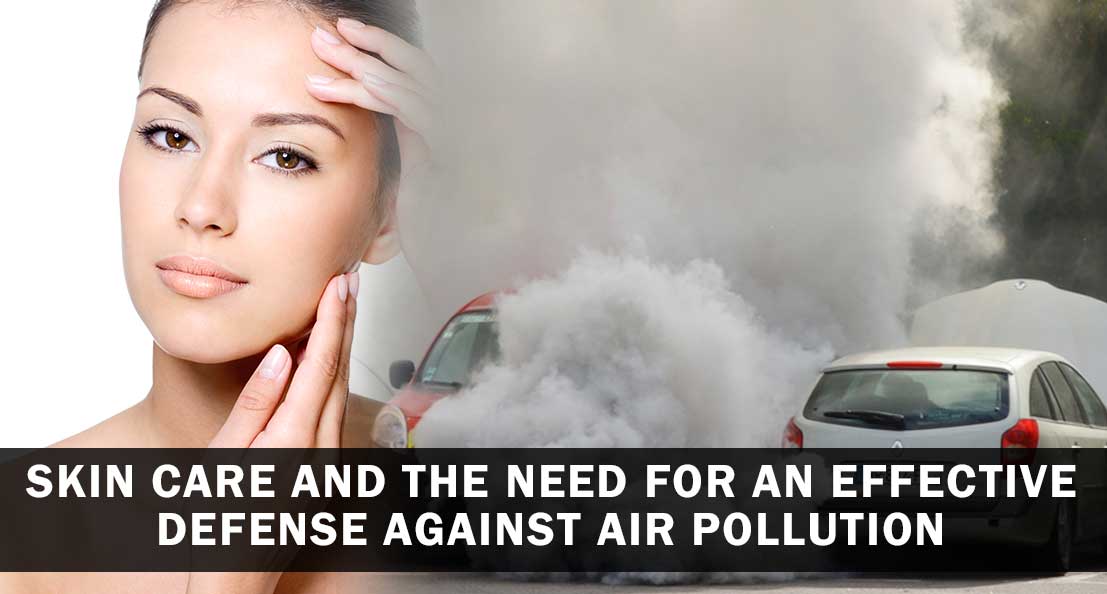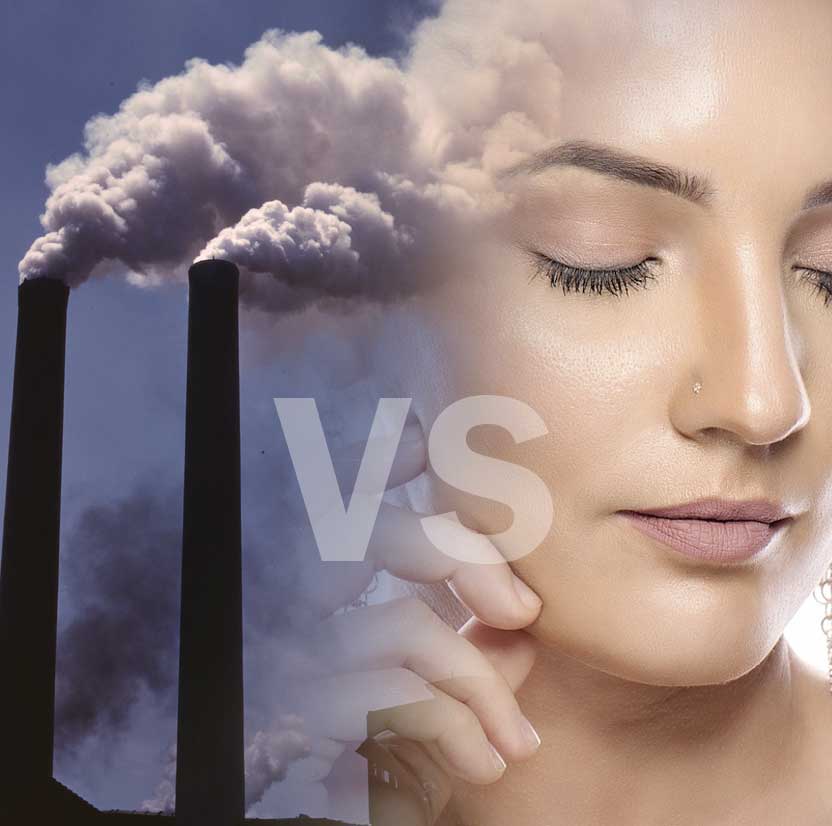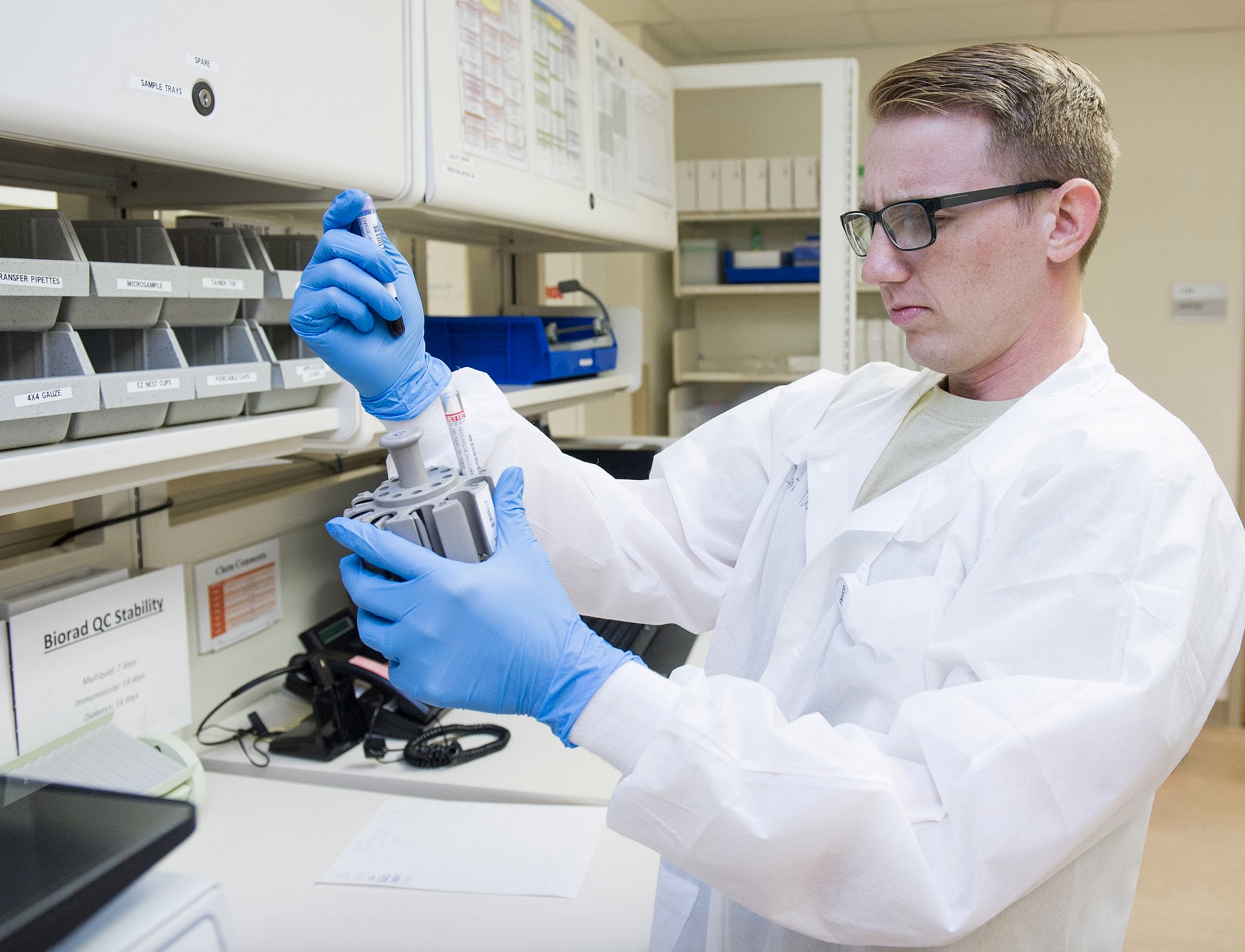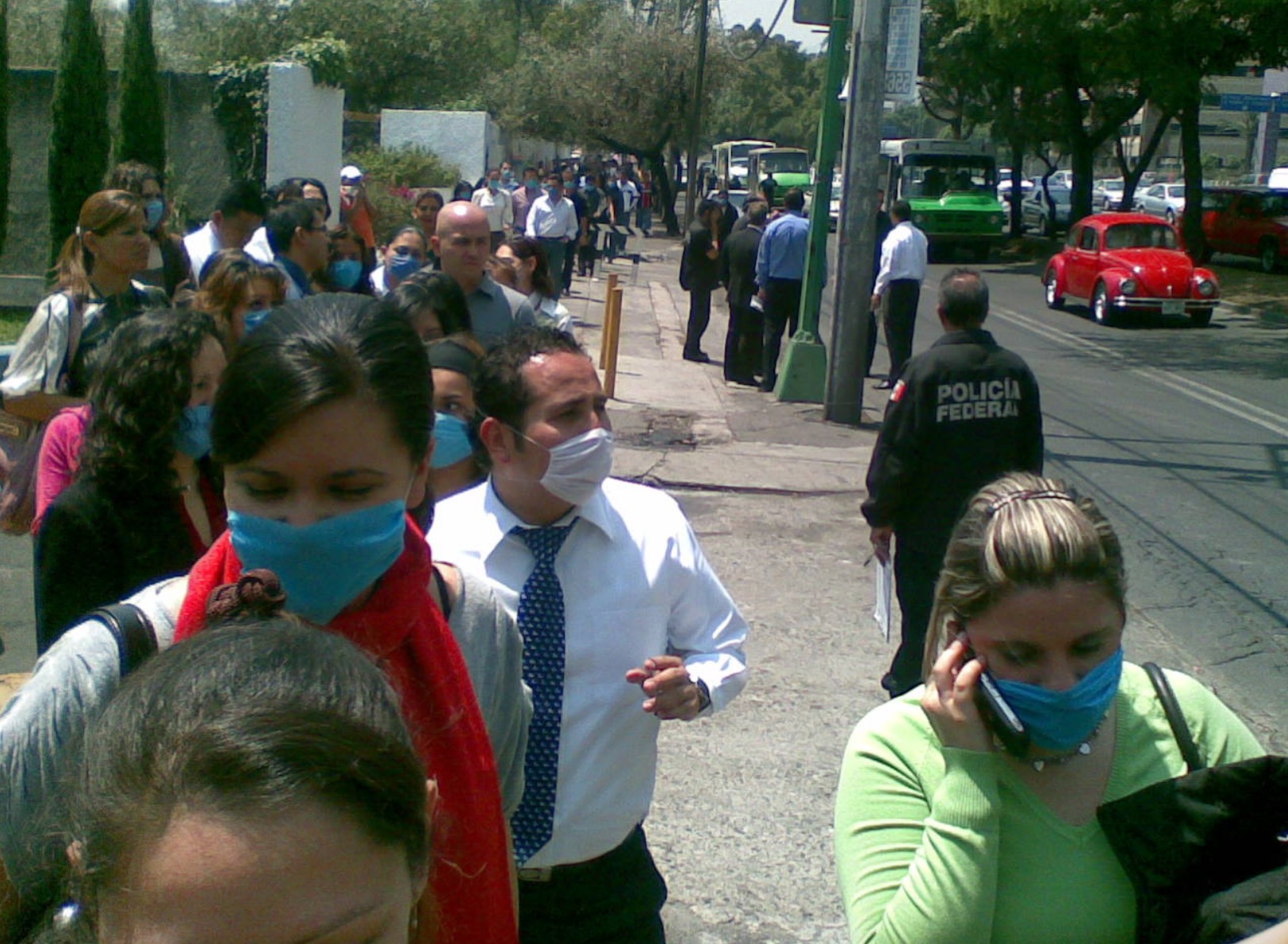
Although air pollution is an issue worldwide the problem is particularly acute in Asia. In South Korea and Japan, they struggle to deal with what is known locally as “yellow dust,” a toxic soup of dust from the Mongolian steppe mixed with iron, aluminum, magnesium, calcium, potassium and more emanating from the unregulated factories of northern China. The dust obscures the sun in Seoul and adds to the smog already hanging over Japanese cities like Tokyo. It also is known to exacerbate respiratory and cardiovascular problems, irritate the nose, eyes and throat and wreak havoc with the derma. While northeast Asia is not the only region on earth wrestling with air pollution the situation there nonetheless serves to draw attention to the vital role a person’s skin plays in defending them against the enervating effects of air pollution.
You may be interested in:
– Product Review: Amaira Intimate Lightening Serum
– Male Anal Bleaching: Whiter Skin For Men
– Vaginal Bleaching Creams
Genital Lightening for Women
– At-Home Anal Bleaching: Your DIY Blueprint
Your Skin vs. Air Pollution
 In recent years researchers studying the effects of air pollution have confirmed what many have long suspected: that regular exposure to high levels of atmospheric contaminants can aggravate conditions such as eczema, psoriasis and even acne. According to Dr. Chan Yung of the Matilda International Hospital in Hong Kong, it can also increase your risk of skin cancer. He recommends a baseline strategy of always wearing sunscreen when you go out and perhaps even using an umbrella both to protect yourself from UV rays and to keep pollutants from settling on you as you walk. He also recommends using an antioxidant to combat oxidative stress generated by constant exposure to atmospheric pollutants.
In recent years researchers studying the effects of air pollution have confirmed what many have long suspected: that regular exposure to high levels of atmospheric contaminants can aggravate conditions such as eczema, psoriasis and even acne. According to Dr. Chan Yung of the Matilda International Hospital in Hong Kong, it can also increase your risk of skin cancer. He recommends a baseline strategy of always wearing sunscreen when you go out and perhaps even using an umbrella both to protect yourself from UV rays and to keep pollutants from settling on you as you walk. He also recommends using an antioxidant to combat oxidative stress generated by constant exposure to atmospheric pollutants.
What is Oxidative Stress?
Oxidative stress occurs when there is an imbalance between the number of free radicals being produced by or introduced to the body and the body’s ability to counteract their potentially harmful effects. Free radicals are molecules that contain one, and sometimes more, unpaired electrons. These unpaired electrons create a situation where the molecules that play host to them are unstable and regularly attack other molecules in the body. Polluted air is teeming with free radicals that settle on your body and overwhelm its ability to resist them.
Fighting Back
 Nicolas Travis grew up in Asia and struggled with acne throughout his early years. He long suspected that the high levels of air pollution he was exposed to aggravated his acne and this belief would have a profound effect on the course of his life. Now 30 Travis studied biomedical and pharmaceutical science at university with the intention of pursuing a career in skin care. In 2016 his dream came true when he launched his own line of skin care products under the name “Allies of Skin.”
Nicolas Travis grew up in Asia and struggled with acne throughout his early years. He long suspected that the high levels of air pollution he was exposed to aggravated his acne and this belief would have a profound effect on the course of his life. Now 30 Travis studied biomedical and pharmaceutical science at university with the intention of pursuing a career in skin care. In 2016 his dream came true when he launched his own line of skin care products under the name “Allies of Skin.”
“I wanted to go back to basics and treat the most fundamental aspect of skin health: a healthy barrier.” he says now from his office in Singapore. And indeed his products are rich in antioxidant ingredients intended to bolster the molecular structure of the derma and protect it from invasive molecules carried on the wind.
Travis is not alone, however, in turning to antioxidants in the fight against the negative effects of air pollution. Nearly all anti-pollution skin care products on the market today (and there are quite a few, including Travis’ Allies of Skin) utilize antioxidants as part of the baseline formula. But while nearly every manufacturer of skin care products recognizes the usefulness of antioxidants in the fight against free radicals some take a slightly different approach.
The Japanese company Shiseido for instance markets their IHADA product as one that will actually prevent particulates in air pollution from adhering to the skin. It’s a novel “shield” approach that won the company an award in 2017 from the International Federation of Societies of Cosmetic Chemists. In addition, the French company Clarins has been producing an anti-air pollution complex for more than 25 years and uses plant extracts including furcellaria, alpine sanicle, African ebony and more to help protect you from the scourge of airborne free radicals.
All in all, nearly 40% of new beauty products being launched in the Asia-Pacific market now claim to possess anti-air pollution properties and the number continues to grow alongside awareness of the severity of the problem.
Not Everyone Is Lining Up to Buy
 But while anti-air pollution skin care products are now big business not everyone is lining up to buy them. In fact, Dr. Chan from Hong Kong and others openly question the effectiveness of such products. Their concern centers on whether or not such products contain antioxidants in sufficient concentrations to actually make a difference in the fight against airborne free radicals. For Chan, you’d do just a well, and maybe better, to simply take an antioxidant supplement each day and to buy an effective cleanser.
But while anti-air pollution skin care products are now big business not everyone is lining up to buy them. In fact, Dr. Chan from Hong Kong and others openly question the effectiveness of such products. Their concern centers on whether or not such products contain antioxidants in sufficient concentrations to actually make a difference in the fight against airborne free radicals. For Chan, you’d do just a well, and maybe better, to simply take an antioxidant supplement each day and to buy an effective cleanser.
A Problem That’s Not Going Away
 Regardless of where you come down in the debate about anti-air pollution skin care products the fact is the billions of tons of pollutants circulating in the atmosphere aren’t going away any time soon. And just because you don’t live in Asia doesn’t mean you’re immune to the free radical assault from the skies. Recent studies show that westerly winds carry pollutants from Chinese factories clear across the Pacific in a matter of days causing contaminant levels to rise all across western North America. So whether you live in Shanghai, Seoul or San Francisco, you’re under assault.
Regardless of where you come down in the debate about anti-air pollution skin care products the fact is the billions of tons of pollutants circulating in the atmosphere aren’t going away any time soon. And just because you don’t live in Asia doesn’t mean you’re immune to the free radical assault from the skies. Recent studies show that westerly winds carry pollutants from Chinese factories clear across the Pacific in a matter of days causing contaminant levels to rise all across western North America. So whether you live in Shanghai, Seoul or San Francisco, you’re under assault.
A Public Health Emergency
The WHO describes the worsening air pollution situation as a public health emergency and claims it is responsible for more than 3 million deaths annually worldwide, along with countless cases of cardiovascular and pulmonary disease, cancer and chronic skin conditions. A study of large metropolitan areas in Asia determined that more than 99.5% of people living in those areas were regularly exposed to what the WHO considers to be unhealthy air.
As we’ve seen however the problem is not limited to Asia. So no matter where you are you owe it to yourself to explore ways to protect your skin from the global air pollution onslaught.
Hi my names Helen Kyle, I help others safely lighten their skin. I want to help remove the stigma! There isn’t anything wrong with darker skin patches but for me, it really helped my confidence.
When I’m not writing I’m spending time with my family and friends. I love sport, especially basketball and am a diehard Celtics fan.
